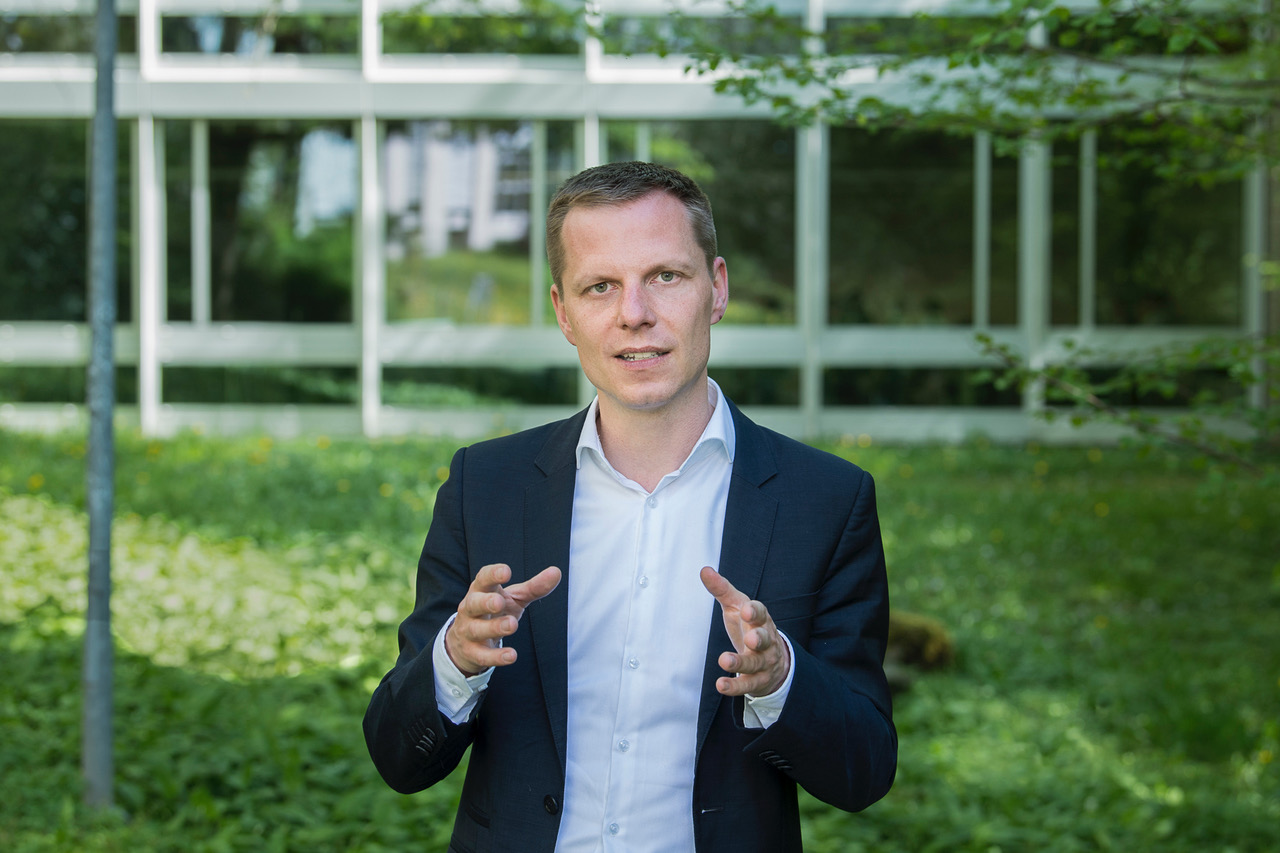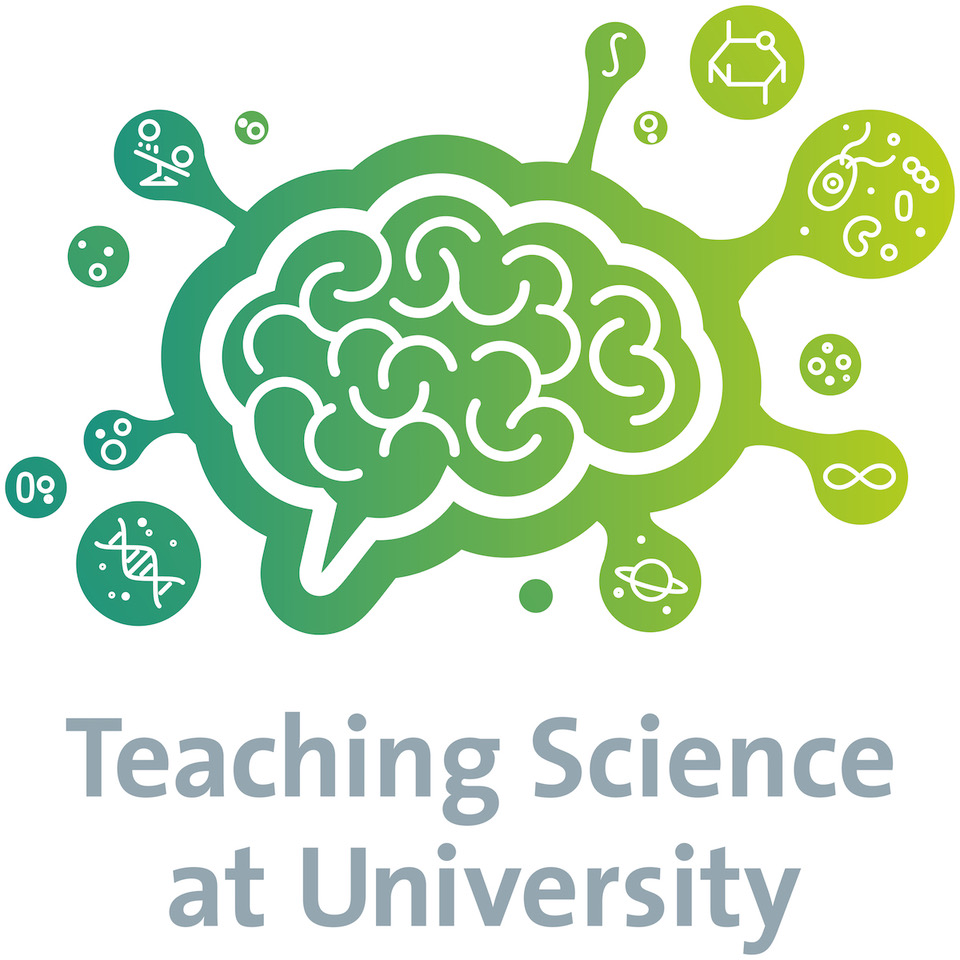Natural Science Education
Welcome to the Science and Sustainability Education
"More hospital admissions due to climate change" (NZZ) | "Politicians justify the genetic engineering boycott" (Tagesanzeiger) | "How it came to a nuclear meltdown in a Swiss Nuclear Power Plant" (Tagesanzeiger)
Natural sciences determine our everyday lives. Whether it is on mountain hikes with nanoparticles in our clothing, the preparation of the milk froth on a latte macchiato, the decision to eat a muesli bar containing genetically modified corn - everywhere in everyday life we encounter natural science phenomena. Science didactics aim to help explain natural scientific phenomena and make these concepts understandable. To achieve this goal we need highly qualified teachers in science, pedagogy and science education.
|
"Especially in societies like Switzerland, which are poor in raw materials and rich in knowledge, we need to enable young people to understand their environment and to actively shape it. Central issues here include climate change, the growing scarcity of raw materials and global change. We want to support young people to find scientifically sound and socially acceptable answers to these questions." |
Kai Niebert Professor of Natural Science Education |
Science Education at the University of Zurich is seen as an empirical, research-based science, which seeks to make useful, evidence-based contributions to the presentation of scientific knowledge. Our research and teaching places particular focus on topics relevant to society and the future. Together with natural science specialists, we provide practical and evidence-based training for teachers.

